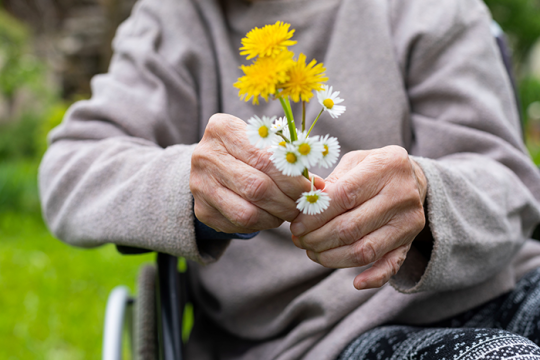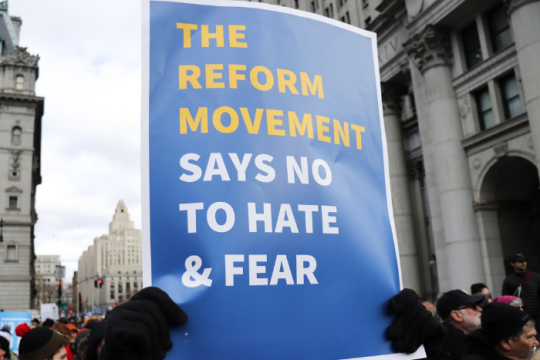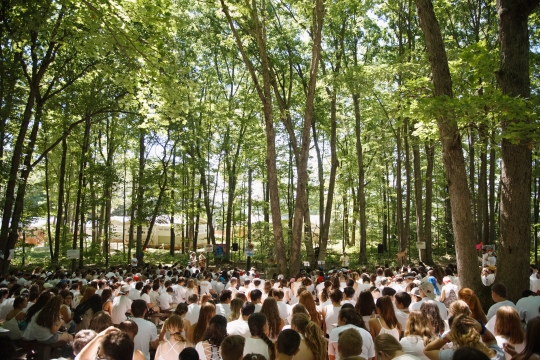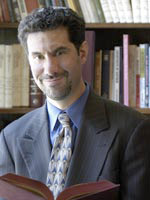
When we gather on April 19 and 20 to mark the first two nights of Passover, we will pray. And we will ask aloud: What makes this year’s seders different from all others?
These two nights will mark the first seders since two African-American individuals were killed at a grocery store parking lot simply because of their race; their murderer wanted to shoot up a church.
What makes these seders different from last year’s?
These two seders will be the first since 11 people were killed in a Pittsburgh synagogue simply because they were Jewish.
What makes this year’s seders different from all others?
They will be the first seders since 50 people were killed in Christchurch, New Zealand, simply because they were Muslim.
What makes this year’s seders different from those before?
May these nights prove different from all others by declaring gun violence a modern-day plague, and by people around world demanding sweeping changes to our laws, our attitudes and our behaviors.
This year, 11 Pittsburgh Jews won’t be at their family seders, and 50 Muslims will be missing from the first night of Ramadan on May 5 because madmen with guns stole the authority to decide life and death, who joins their family for dinner and who doesn’t, who will return safely from a house of worship and who won’t.
This year's seders will be different from all other seders in that we will rededicate ourselves to taking the power of the gun away from pathological predators.
This year's seders will be different because, at my congregation, we will designate an empty chair with a wine-stained napkin to represent missing family members of all faiths - those who ought to be at the table but have been deprived of their rightful place. Just as opening the door for Elijah the Prophet and designating a cup just for him represents the blessing of freedom and hope for a better world, so, too, may this empty chair and wine-stained napkin represent our present protest and the promise of peace.
May this be our blessing, and let us say: Amen.
Related Posts

Dying and Living with Dementia

The Union for Reform Judaism’s Responses to the Increase in Antisemitic Incidents

